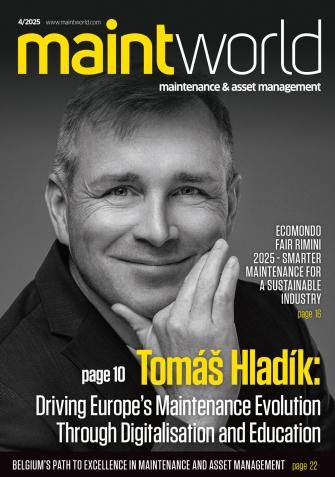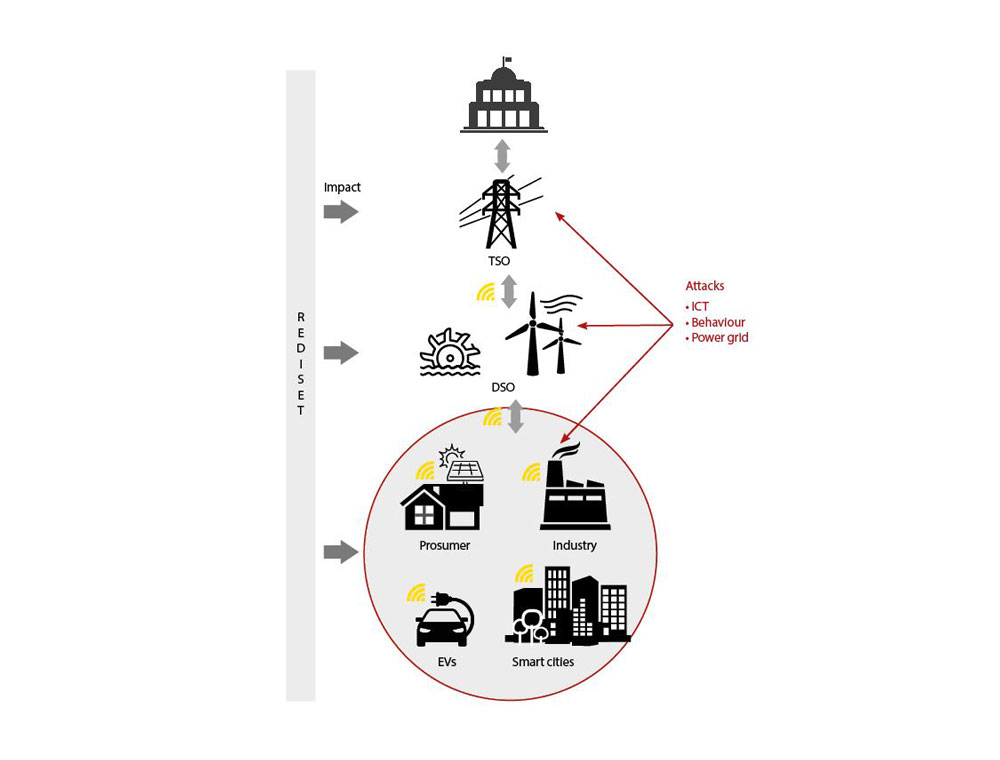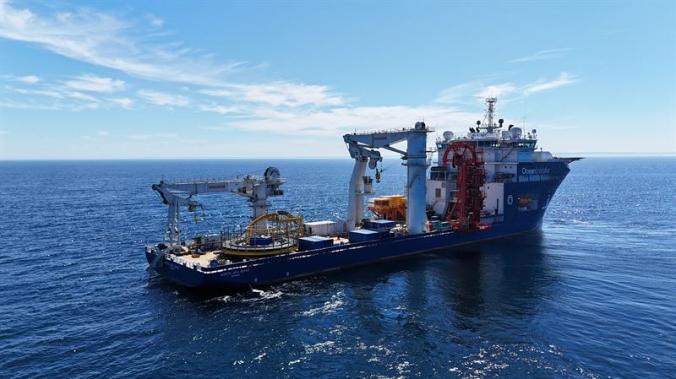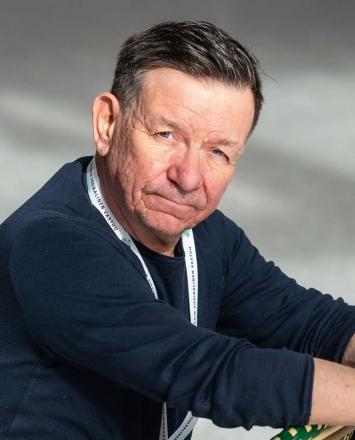Energy Cyber Security in the Nordics
The Nordic countries provide a unique environment for research.
Most of us have seen concepts such as trolling, blackouts and cyberattacks regularly pop up in the news. The digitalization of many key societal functions brings along new challenges, directly related to societal security. This requires new skills for governments, companies, as well as individuals on how to manage the technical, social and cyber dimensions.
This makes the system vulnerable to new kinds of threats. Future grids will be more interactive with all levels of users, and even smart homes might be used for sabotaging the grid in such systems.
This is why Nordic Energy Research, together with the Nordic Transmission System Operators (TSOs), developed the Nordgrid program initiative, calling for inter-sciences collaboration on a Nordic level on this topic.
Thanks to mutual trust between the Nordic countries, the region provides a unique environment for research of critical areas of national security, such as critical infrastructure and national defence.
The REDISET consortium allows for dialogue and practices that would be difficult elsewhere in Europe. The total budget of the project is 1.6 million euros. Country-specific coordination takes place through Business Finland in Finland, where the project is also part of its Smart Energy program, the Swedish Energy Agency in Sweden, and Statnett in Norway.
The REDISET consortium comprises TSOs (Fingrid, Svenska Kraftnät and Statnett), Distribution System Operators (DSOs) and research institutions in the Nordic countries. Together, they will be responsible for implementing new energy strategies that emphasise electrification, closer cooperation and digitalisation. A similar Nordic consortium hasn’t been formed before.
Four research institutes are responsible for the scientific contribution. The main coordinator is the KTH Royal Institute of Technology (KTH) led by professor Sonja Berlijn. The VEBIC research and innovation platform of the University of Vaasa, led by Director Suvi Karirinne and Assistant Professor Petra Berg, heads the Finnish interdisciplinary research team. The Norwegian Defense Research Establishment (FFI) and The Norwegian SmartGrid Center, comprises the Norwegian research team and is coordinated by senior researcher Karina Barnholt Klepper (FFI).
The project also includes business partners like Gambit Oy in Vaasa and other need owners, who will contribute to the project by participating in the scientific and technical reference group.
The partner composition and interdisciplinarity of the project introduces a “positive challenge” on how to bring together and synthesise different fields of expertise. Therefore, many interactive workshops and collaboration between the work packages are planned.
The project introduces socio-cultural and socio-technical perspectives to a highly technology-focused topic. Understanding the social and cultural implications will be emphasised in the future as energy sources become increasingly multiplied and variable, energy systems complex, energy interdependencies and flexibility needs increase. Thus, it is expected that energy system decision-making must move from a national to transnational level, while it still needs to maintain regional and municipal interests.
One important aim is also to provide an understanding of the effects of future energy system solutions on gender equality and diversity. New solutions need to be considered and work for the entire population, being sustainable for humans, wildlife and environment. This baseline relates to the consortium's core group connection to the Nordic Energy Equality Network (NEEN), which promotes gender equality and diversity in the Nordic countries.
The REDISET project output can help decision makers in identifying risks and taking a holistic approach to informed decisions.
Interested? Go to
uwasa.fi
Text: Petra Berg





![EMR_AMS-Asset-Monitor-banner_300x600_MW[62]OCT EMR_AMS-Asset-Monitor-banner_300x600_MW[62]OCT](/var/ezwebin_site/storage/images/media/images/emr_ams-asset-monitor-banner_300x600_mw-62-oct/79406-1-eng-GB/EMR_AMS-Asset-Monitor-banner_300x600_MW-62-OCT.png)



